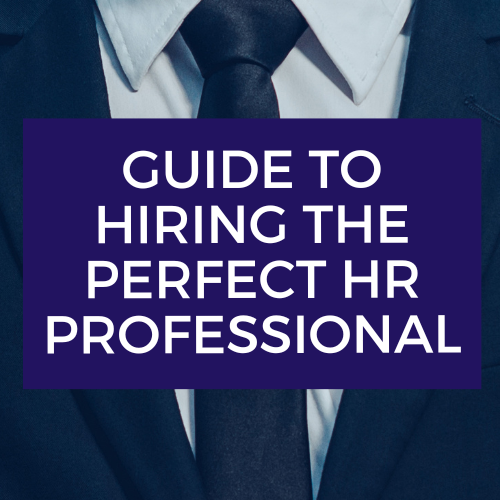Salaries for Heads of Reward vary depending on experience, company size, and location. Our guide provides detailed figures for different scenarios.
Head of Reward Salary Guide
Whether you're an HR professional or a hiring company, our guide helps provide vital information about average pay for Reward Managers in firms of all sizes.
Download Head of Reward Salary GuideUK Head of Reward Salary Guide
Understanding the complexity of Head of Reward pay in the UK is not an easy undertaking. With salaries varying based on industry, company size, location, and experience level, understanding the market can be challenging.
That is why HR Recruit has created a detailed and user-friendly guide to provide clarity and insight into current salary trends.
Our comprehensive guide is designed to support HR professionals and businesses in crafting competitive compensation packages that attract and retain top talent. Additionally, it serves as a valuable benchmarking tool for Heads of Reward, helping them assess whether their salary expectations align with industry standards.
Whether you are an employer looking to secure the best HR leadership or a professional seeking to negotiate a competitive package, this guide offers the essential data and insights you need to make informed decisions.
Why choose our guide?
The accuracy and relevance of our salary data is maintained through our extensive database of candidates, complimented by our unique registration portal.
By continuously analysing hiring trends, salary expectations, and industry developments, we provide up-to-date insights that reflect real-world compensation standards. Our approach enables businesses to remain competitive and ensures HR professionals are well-informed when negotiating salaries.
Factors Influencing Head of Reward Salaries
Determining the right salary for a Head of Reward isn’t just about the base figure. Several factors come into play, each affecting compensation in unique ways:
- Industry Sector: Pay rates often vary between industries.
- Company Size: Larger organisations tend to offer higher salaries due to the complexity of the role.
- Regional Variations: Location matters, with salaries reflecting local living costs and market demand.
- Professional Experience: More seasoned professionals typically command higher pay.
- Educational Background: Relevant qualifications can positively influence earning potential.
- Market Demand: Trends in HR and reward management affect salary levels.
- Job Complexity: The breadth and depth of responsibilities often dictate pay.
- Additional Benefits: Bonuses, pensions, and other perks add value beyond the base salary.
Our guide goes further by providing a detailed analysis of these factors, along with a regional breakdown that reflects the latest market trends.
Why Download Our Head of Reward Salary Guide?
Our guide is segmented into regions across the UK, offering an in-depth view of salary differences in reward management.
Whether you’re interested in how salaries vary by company size or are looking for trends specific to SMEs and larger corporations, this guide delivers clear, actionable insights.
Download the Full UK Head of Reward Salary figures (PDF)
Use our HR Recruit Salary Guide today to make informed decisions—whether you’re designing compensation strategies or planning your career path.
Get the latest insights into Head of Reward salaries by region and organisation size. Download our guide now.
Download NowFrequently Asked Questions
Larger organisations often pay higher salaries, reflecting the increased scope of responsibility. Our guide offers a detailed breakdown of salary variations by company size.
Absolutely. Salaries differ across regions, with factors like local living costs and economic conditions playing a role. Our guide includes a detailed regional analysis.
Compensation often extends beyond salary to include bonuses, pensions, private healthcare, and other perks. Our guide outlines these common benefits.
Experience is a key determinant of salary. Seasoned professionals are likely to command higher pay, and our guide explains salary expectations based on experience levels.
Yes, interim roles may come with higher daily rates but often lack the long-term benefits of permanent positions. Our guide compares compensation for both types of roles.
Certifications and qualifications specific to HR and reward management can significantly boost earning potential. The guide explores the educational pathways that impact salaries.
Salaries are influenced by broader economic conditions and HR industry trends. Our guide offers a detailed analysis of these trends and their impact on pay.
Higher education and professional qualifications can have a significant impact on earnings.






